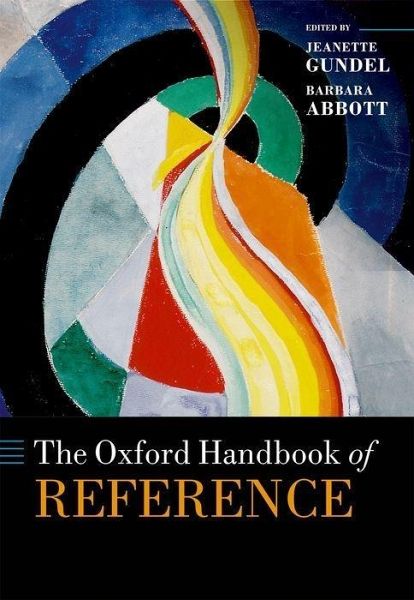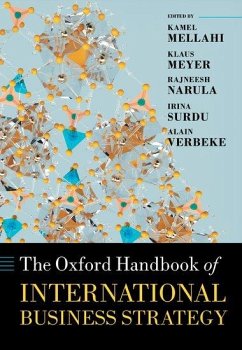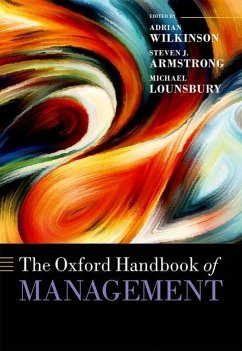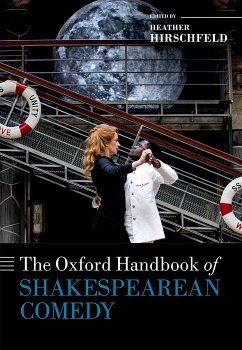
OHB REFERENCE OHBK C
Versandkostenfrei!
Versandfertig in 1-2 Wochen
165,99 €
inkl. MwSt.

PAYBACK Punkte
83 °P sammeln!
This handbook presents an overview of the phenomenon of reference - the ability to refer to and pick out entities - which is an essential part of human language and cognition. Chapters offer a critical account of all aspects of reference, from the different types of referring expression to the processing of reference in the brain.














